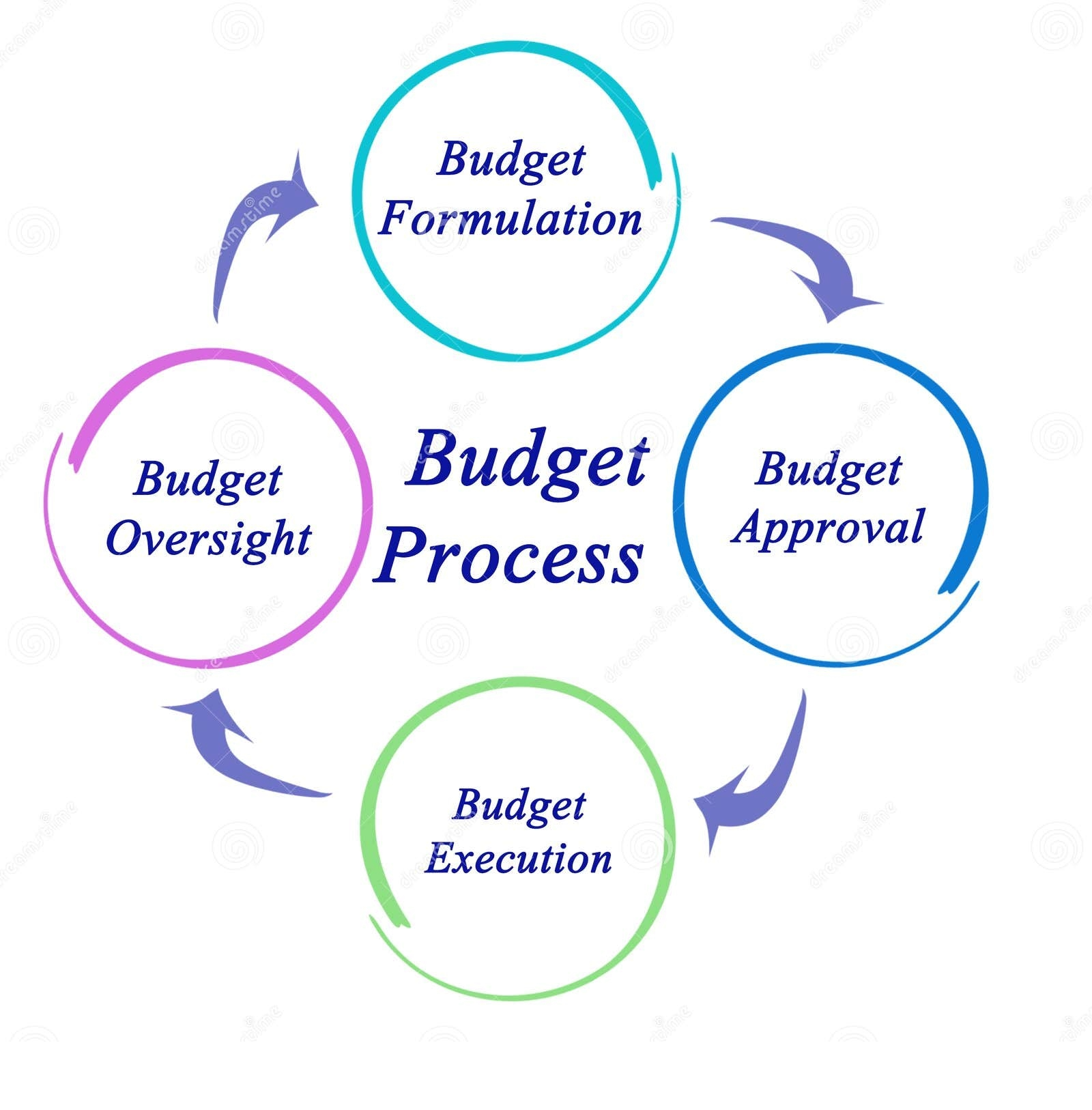Parliamentary Oversight of the Budget Cycle

What Is the Budget Cycle?
The budget cycle is the annual process of preparing, approving, and evaluating government spending. It follows four critical stages:
- Formulation (Ex Ante): Government consultations advocate priorities for expenditures and revenues.
- Approval (Ex Ante): Parliament debates and votes on the budget bill and related documents.
- Execution: The government implements the budget, monitored via in-year and mid-year financial reports.
- Audit/Oversight (Ex Post): The Supreme Audit Institution (SAI), Parliament’s Public Accounts Committee (PAC), and others evaluate compliance, performance, and financial outcomes.
Parliament’s Role
- Formulation & Approval: Parliament raises underfunded policy areas and scrutinizes budget proposals before adoption.
- Execution: Parliament monitors in-year/mid-year reports to ensure spending aligns with plans and that public debt is managed.
- Audit & Oversight (Ex Post): The SAI provides financial statement, compliance, and performance audits. Parliament supports by closely examining these reports and following up on recommendations.

Nexus PFM Services
- Assessment & Recommendations: Evaluates Parliament’s role throughout the budget cycle and advises on strengthening oversight capabilities.
- Training & Technical Support: Offers tailored workshops and guidance for parliamentary finance, public accounts, and sectoral committees in budget scrutiny and oversight.
Select Publications
- Assessing the Role of Parliament in the Budget Process: the Public Expenditure and Financial Accountability Framework (WFD, Oct 2020)
- A Critical Review of Public Accounts Committees (WFD, Oct 2020)
- Performance-Based Budgeting: A ‘Whole of Government’ Initiative (WFD, Oct 2020)
- Are Supreme Audit Institutions Fit for Purpose in the Age of COVID‑19 and Beyond? (WFD, Oct 2020)
- Strengthening the Role of Parliament in the Budget Process: The Role of Parliamentary Budget Offices (WFD, Oct 2020)
- Sharing International Practices: A Profile of the Legislative Oversight Committee in Scotland (CCAF, 2015)
- Parliamentary Oversight Committees and Relationships: Guide to Strengthening Public Accounts Committees, 2nd ed. (CCAF, 2010)
- Attributes of an Effective Public Accounts Committee (CCAF, 2010)
Notable Projects
- CPA Parliamentary Academy Course – Budget Scrutiny: Developed an online training module on legislative budget oversight using global best practices.
- Montenegro – SAI-Parliament Audit Follow-Up SOP: Drafted standard operating procedures and led a workshop to strengthen audit follow-up mechanisms.
- Rwanda – Parliamentary Oversight Workshop: Delivered training sessions on interpreting audit reports and enhancing legislative accountability.
